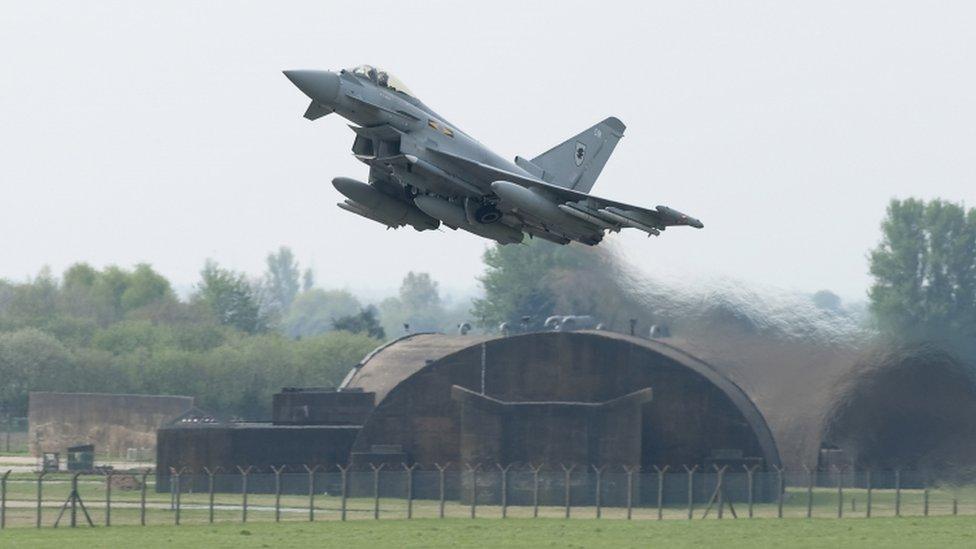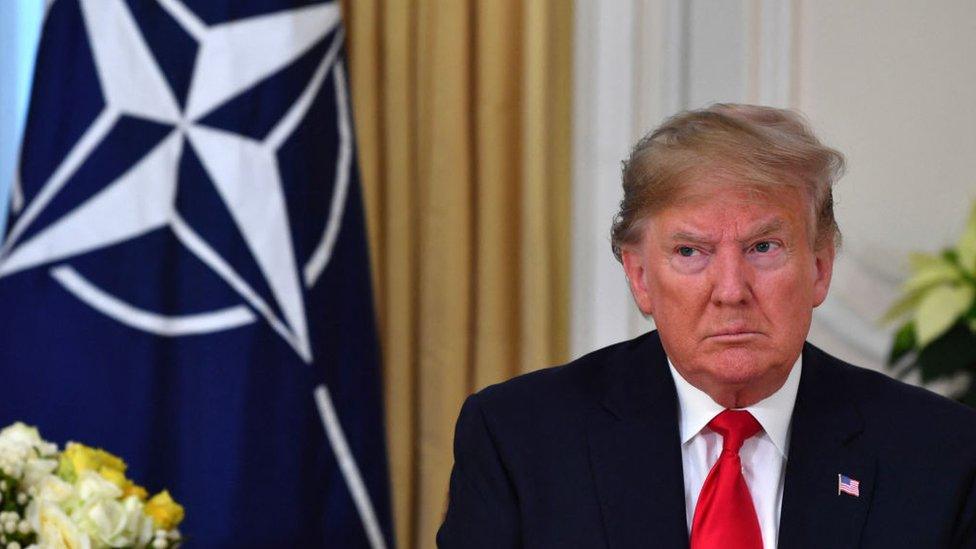UK troops to take on Nato duties in Poland and Estonia
- Published
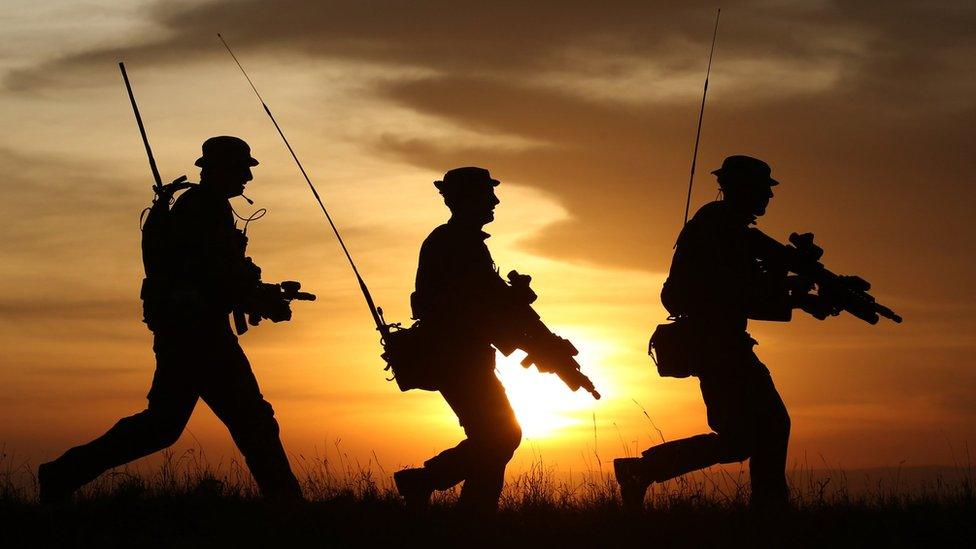
Hundreds of UK troops are to be sent to Poland and Estonia as part of the Nato response to concerns over Russia.
A 500-strong battalion will be deployed to Estonia and 150 troops will go to Poland to "reassure" these countries, Defence Secretary Michael Fallon said.
It is part of a Nato commitment made after Russia's annexation of Crimea from Ukraine in 2014 to have four new battalions on its eastern flank.
Mr Fallon said it aims to "deter Russia from any further aggression".
Eastern Nato countries "feel enormous pressure from Russia doing large exercises on the border, flying over their airspace and so on," said the defence secretary.
"This [the deployment] is something Nato's been planning for a while, that countries like Estonia, Lithuania and Latvia have made clear that they want."
Four multi-national battalions will be deployed to Estonia, Latvia, Lithuania and Poland - led by the UK, the US, Germany and Canada - and these are due to be in place in early 2017.
A Ministry of Defence spokeswoman said UK troops have previously been deployed in the Baltic states for military training exercises, but this is the first time they will be based there permanently.
UK armed forces are already deployed in more than 80 countries across the world in a range of roles, including 450 soldiers in Afghanistan and more than 275 military training personnel in Iraq.
Prime Minister David Cameron, who is at a Nato summit in Warsaw, said: "This summit is a chance for us to reiterate our strong support for Ukraine and our other eastern allies to deter Russian aggression.
"Actions speak louder than words and the UK is proud to be taking the lead role, deploying troops across Eastern Europe.
"It is yet another example of the UK leading in Nato."
Paul Adams: Why Russia is set to dominate the Nato summit
Writing in the Financial Times, external, US President Barack Obama said: "Russia's aggression against Ukraine threatens our vision of a Europe that is whole, free and at peace...
"We need to bolster the defence of our allies in central and eastern Europe
Mr Obama said he expects the UK to remain a major contributor to European security and that it will be able to agree an "orderly transition" with the EU, following the Brexit vote.
Nato Secretary General Jens Stoltenberg says Russia's use of force against Ukraine "has really changed our security environment. Nato has to respond".
Russia has held large military exercises near Ukraine's borders since the Crimea annexation in March 2014 and the uprising by pro-Russian separatists in eastern Ukraine.
Nato has also complained of aggressive behaviour by Russian warplanes in the Baltic region.
Russia, meanwhile, objects to Nato operating close to its borders, seeing the alliance as an aggressor.
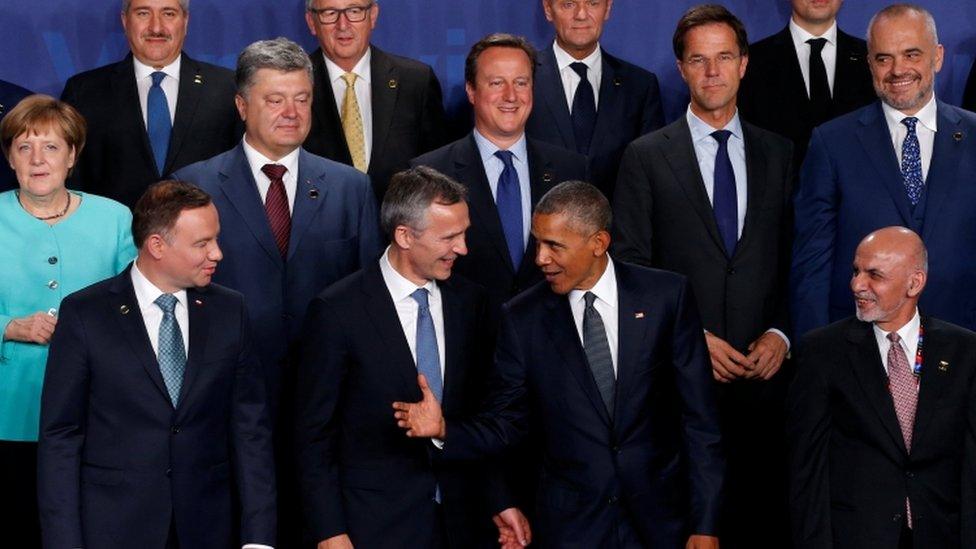
Prime Minister David Cameron joined other world leaders at the Nato summit in Warsaw
Mr Fallon said Russia President Vladimir Putin was "trying to change international borders by force".
"I think he is flexing his muscles," he said.
"He wants Russia to be treated as the world power it used to be and that's why an alliance like Nato is very, very important, that we stand together."
Kremlin spokesman Dmitry Peskov said Moscow would be watching the Nato summit "very closely".
"Nato soldiers are by our borders and Nato planes are there, we're not the ones getting closer to Nato's borders," he said.
Spending commitment
The BBC's defence and diplomatic correspondent Jonathan Marcus said tensions between Nato and Moscow were "growing again".
"The aim at this summit is to try to convince the Russians that Nato means business; that after years of being more focussed on 'out of area' operations - Afghanistan and so on - Nato nations are now serious about their collective defence," he said.
"That means money and presence."
The UK is also to take over the leadership of Nato's Very High Readiness Joint Task Force in 2017, which will see 3,000 troops based in the UK and Germany join a 5,000-strong unit ready to move with as little as five days' notice.
It will involve the 20th Armoured Infantry Brigade, an armoured infantry battle group from the 1st Battalion The Princess of Wales's Royal Regiment and a light infantry battle group from the 1st Battalion Grenadier Guards.
The prime minister is also to announce that Britain is to extend the deployment of four RAF Typhoon fighters with the Baltic Air Policing Mission.
And Mr Cameron, who is to stand down in September following the UK vote to leave the EU, will use his final Nato summit to underline the government's continuing commitment to meet the alliance's target of spending 2% of GDP on defence.
Formed in 1949 to counter the threat of post-war communist expansion as the Soviet Union sought to extend its influence in Europe, Nato - the North Atlantic Treaty Organisation - is the world's most powerful regional defence alliance and has a membership of 28 countries.
- Published8 July 2016
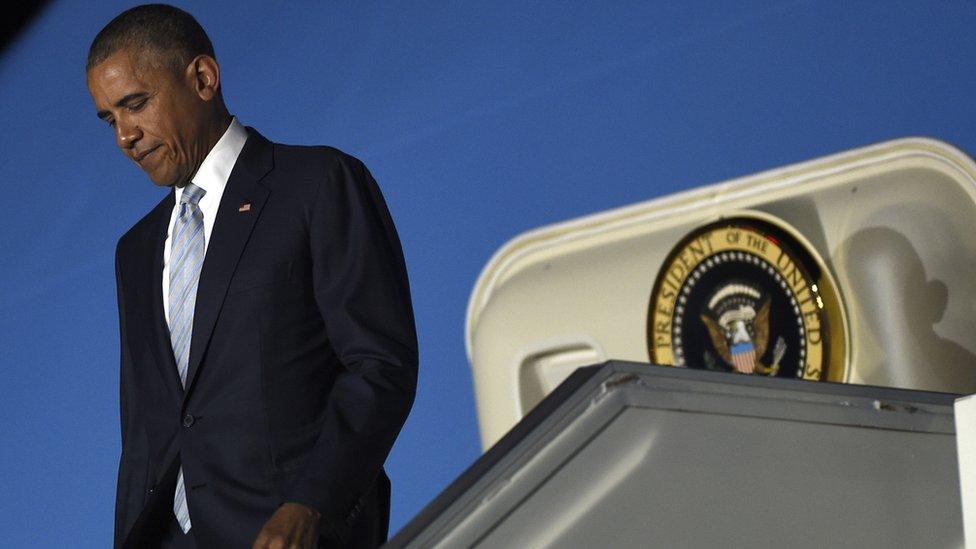
- Published8 July 2016
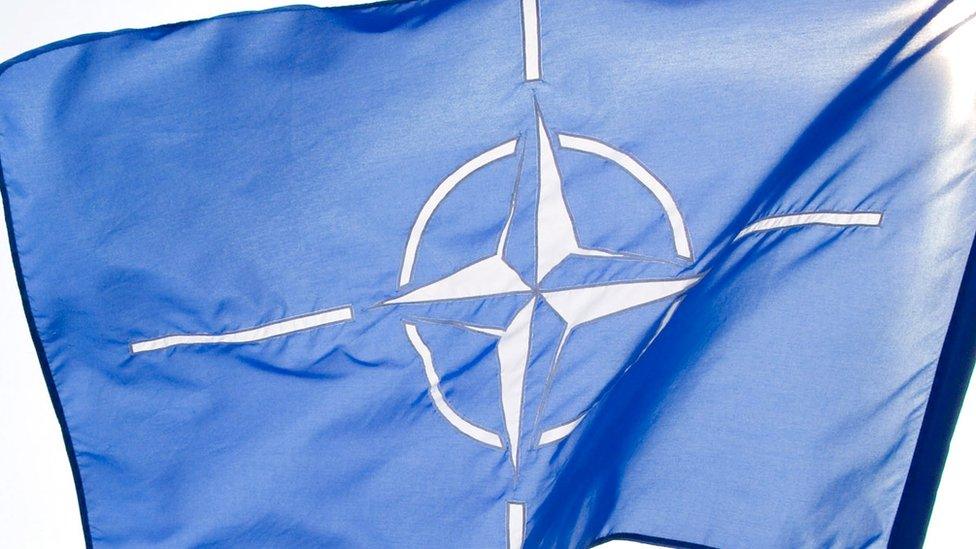
- Published20 April 2016
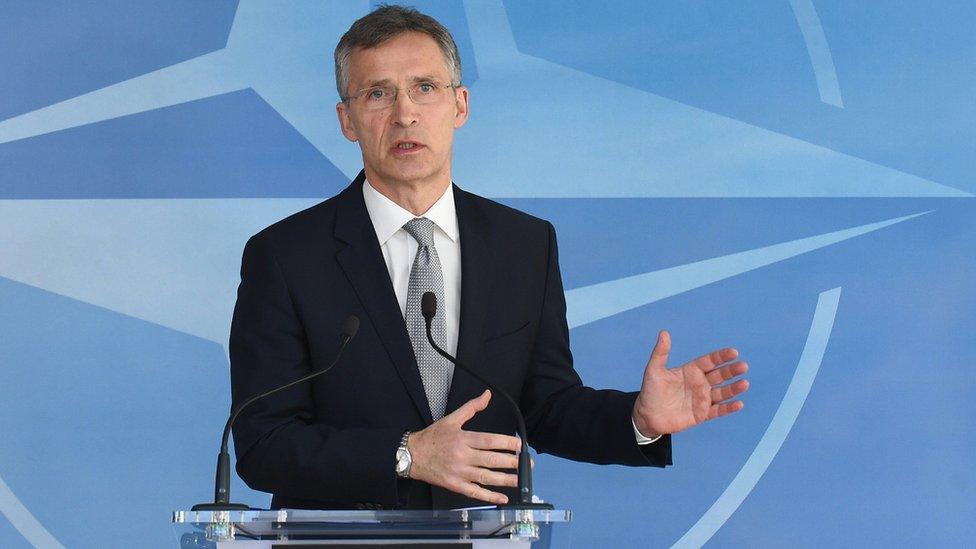
- Published20 June 2016
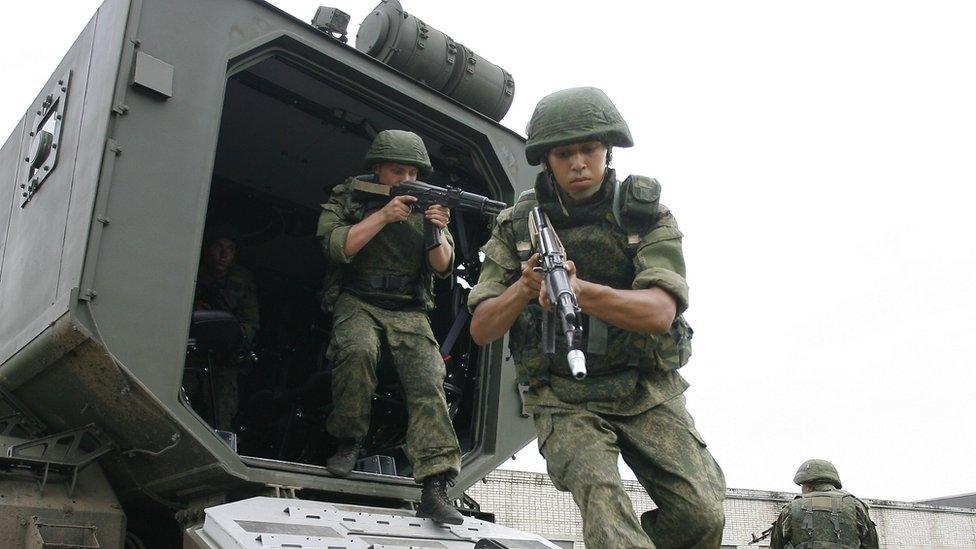
- Published6 June 2016
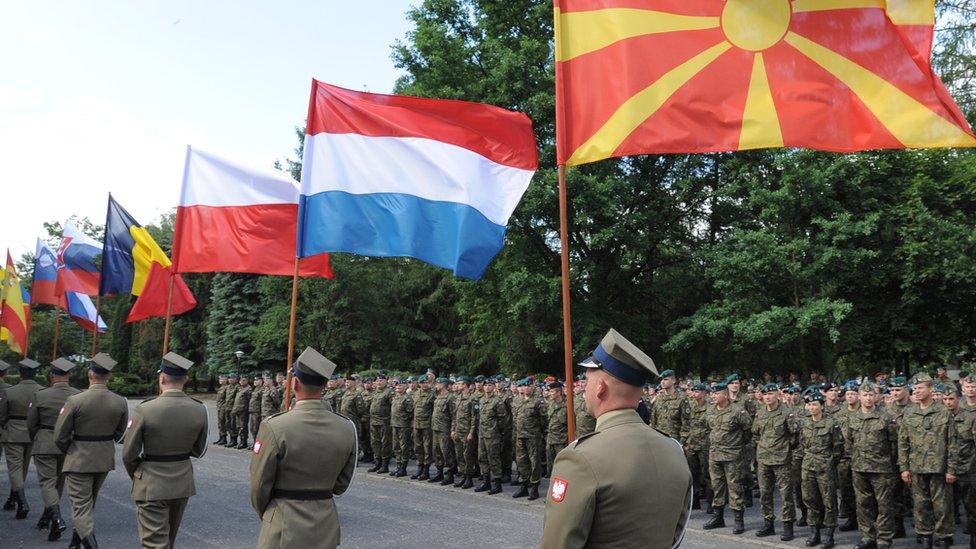
- Published8 July 2016
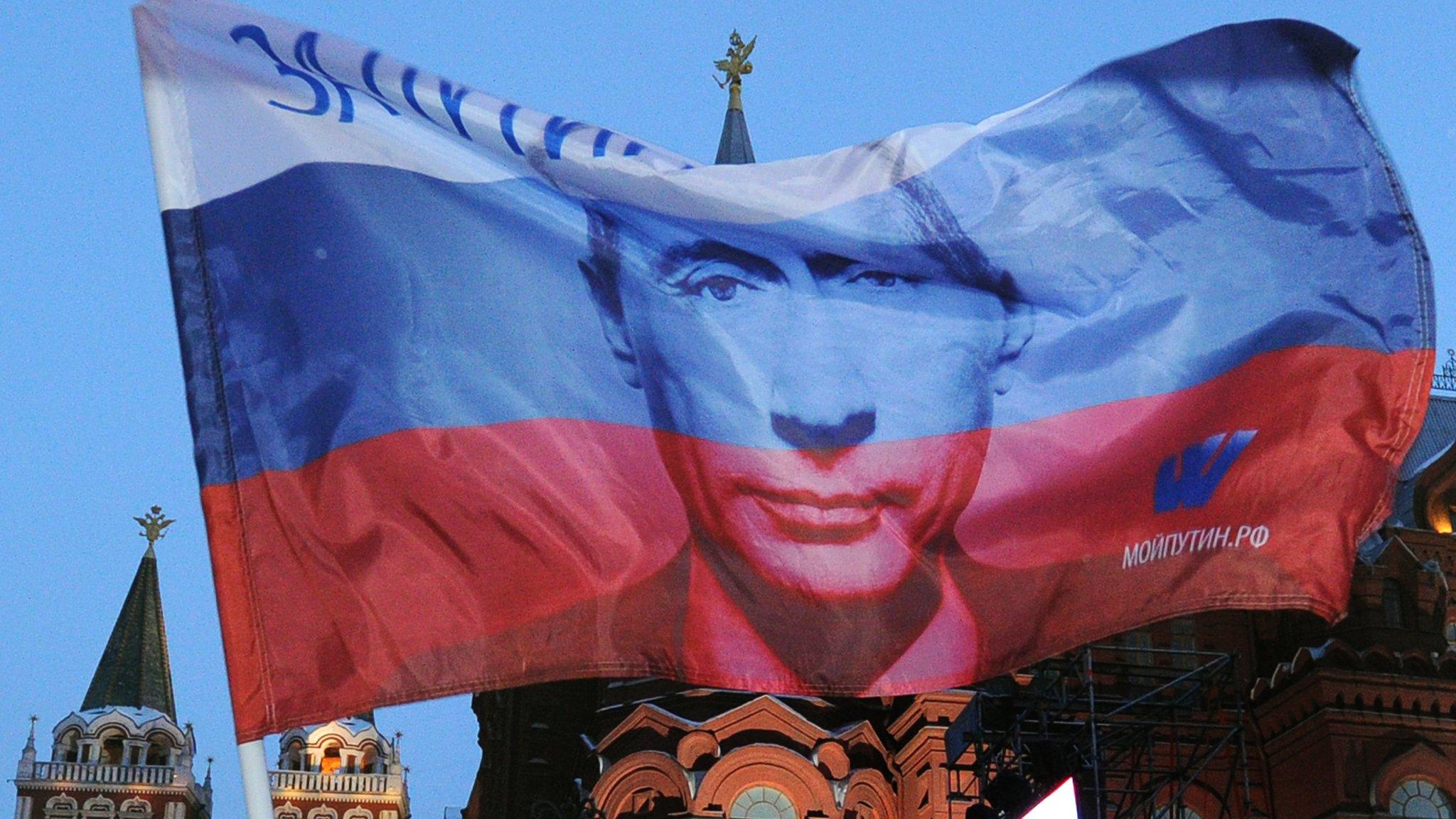
- Published1 December 2015
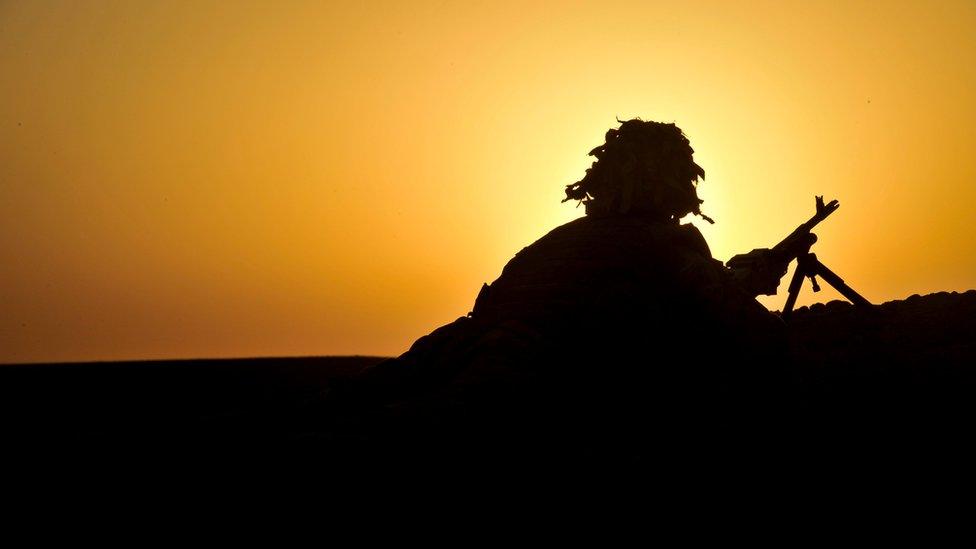
- Published8 October 2015
